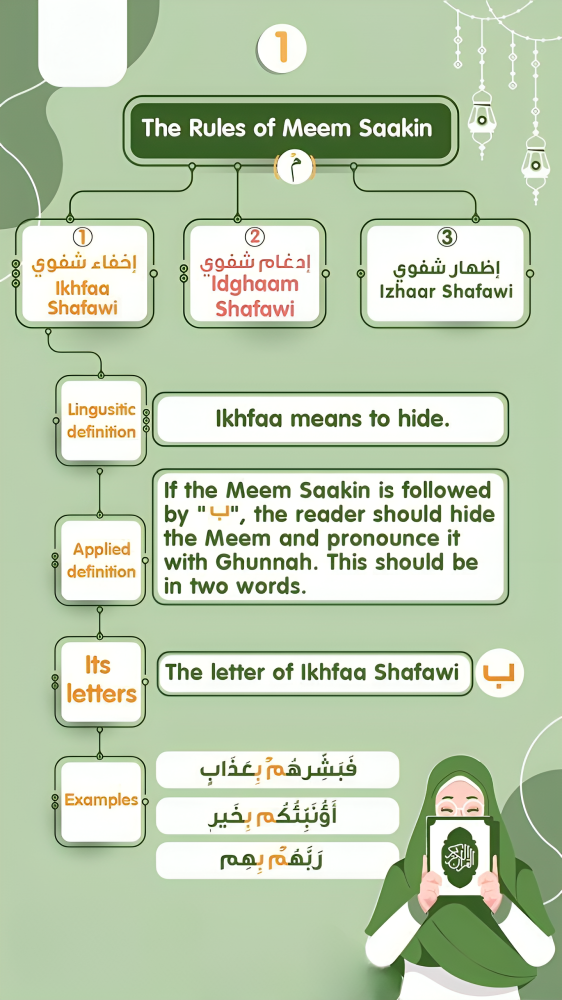Understanding Istiaazah and Basmalah: Essential Recitations in Quranic Practice
What is Istiaazah?
In Islamic tradition, Istiaazah refers to seeking refuge in Allah from the accursed devil. This is done by reciting the phrase:
“A’oozu billahi min ash-shaytaan ir-rajeem” (أعوذ بالله من الشيطان الرجيم)
This phrase means “I seek refuge with Allah from the accursed Shaytaan (Satan).” The recitation of Istiaazah before reading the Quran is rooted in the Quran itself, as Allah commands us in Surah An-Nahl (16:98):
“So when you recite the Quran, seek refuge with Allah from Satan, the expelled one.”
What is Basmalah?
Basmalah refers to the recitation of:
“Bismillah ir-Rahman ir-Raheem” (بسم الله الرحمن الرحيم)
This translates to “In the name of Allah, the Most Gracious, the Most Merciful.” Basmalah is a profound expression of faith, signifying that every action, whether big or small, should begin with the name of Allah, acknowledging His supreme grace and mercy.
The Importance of Istiaazah and Basmalah in Quranic Recitation
1. Beginning the Recitation of the Holy Quran
When starting to recite the Quran, reciting Istiaazah (أعوذ بالله من الشيطان الرجيم) is essential. This serves as a spiritual shield, asking for protection from Satan’s whispers and distractions. It ensures that the recitation is conducted with the utmost purity and sincerity, without external evil influences.
2. Reciting Basmalah Before Every Surah
In the beginning of each Surah (chapter) of the Quran, except for Surah Al-Baraa’ah (Tawbah), it is essential to recite Basmalah (بسم الله الرحمن الرحيم). This is because the Basmalah embodies the mercy and blessings of Allah, setting the tone for a spiritual connection with Him. Surah Tawbah is an exception as it speaks about topics of confrontation and repentance, where invoking mercy at the start would contrast the Surah’s tone.
3. If You Start Reciting in the Middle of a Surah
If the recitation begins from the middle of a Surah, it is still necessary to recite Istiaazah (أعوذ بالله من الشيطان الرجيم). However, reciting Basmalah (بسم الله الرحمن الرحيم) is recommended but not obligatory. This provides flexibility for the reciter, especially in cases of continuous recitation or study.





